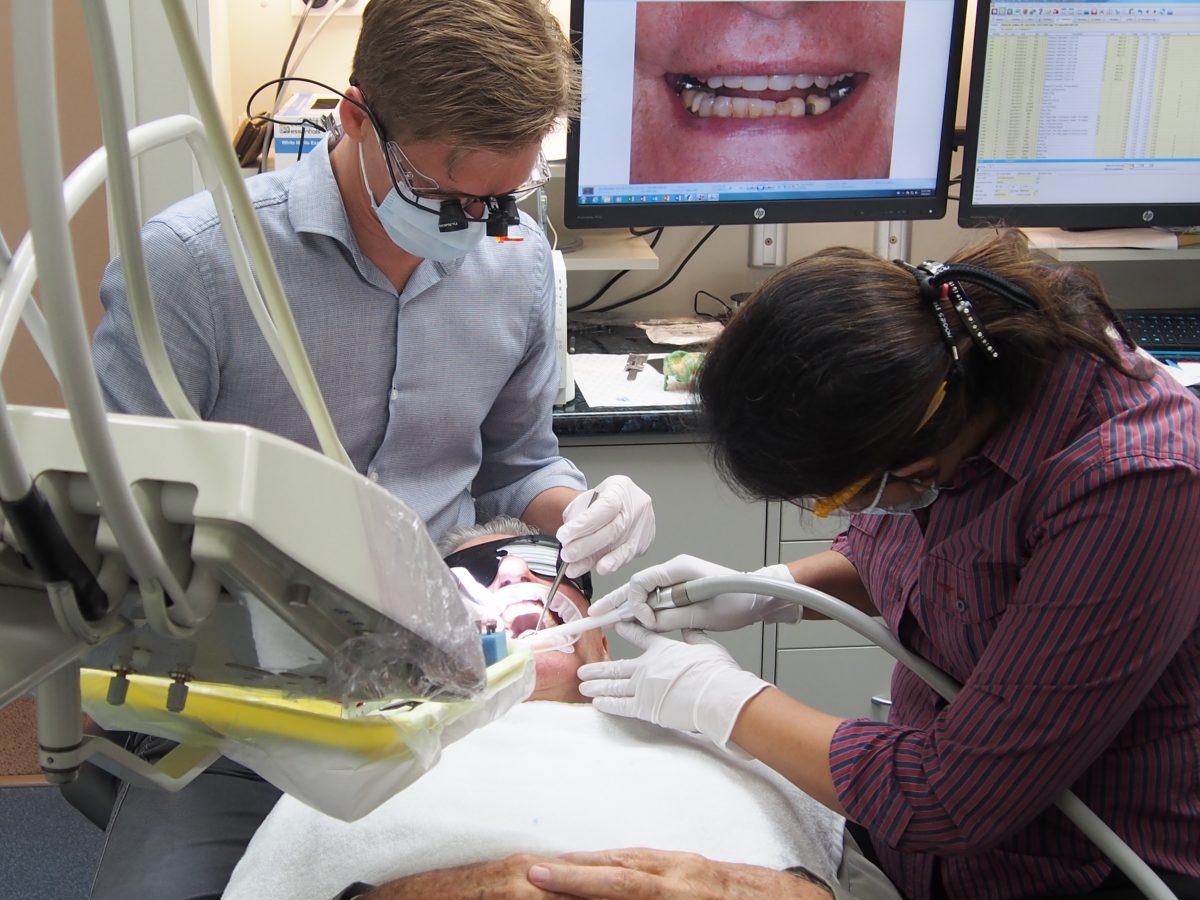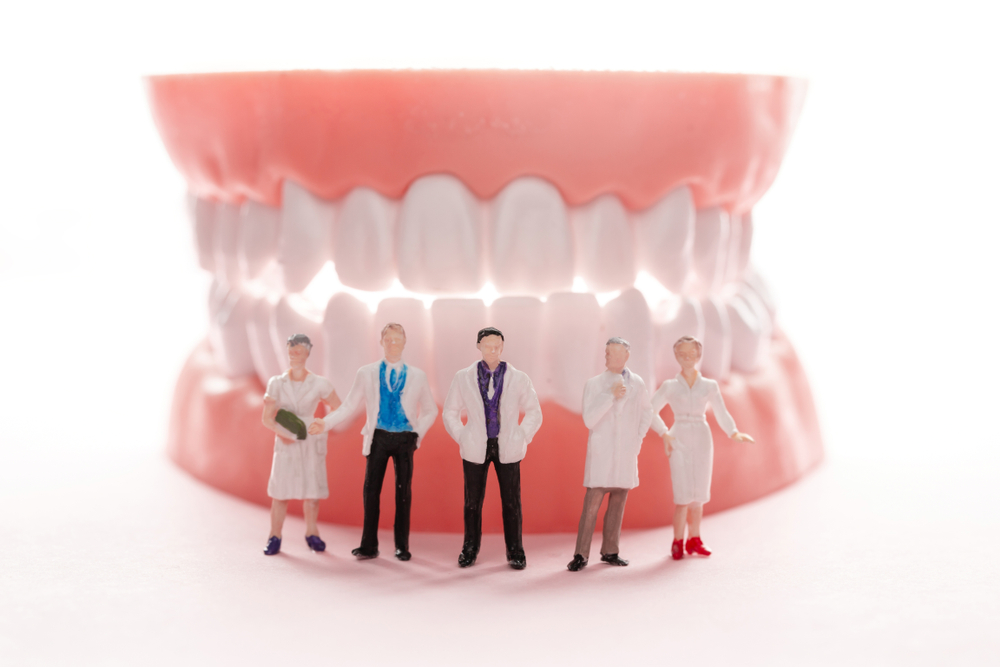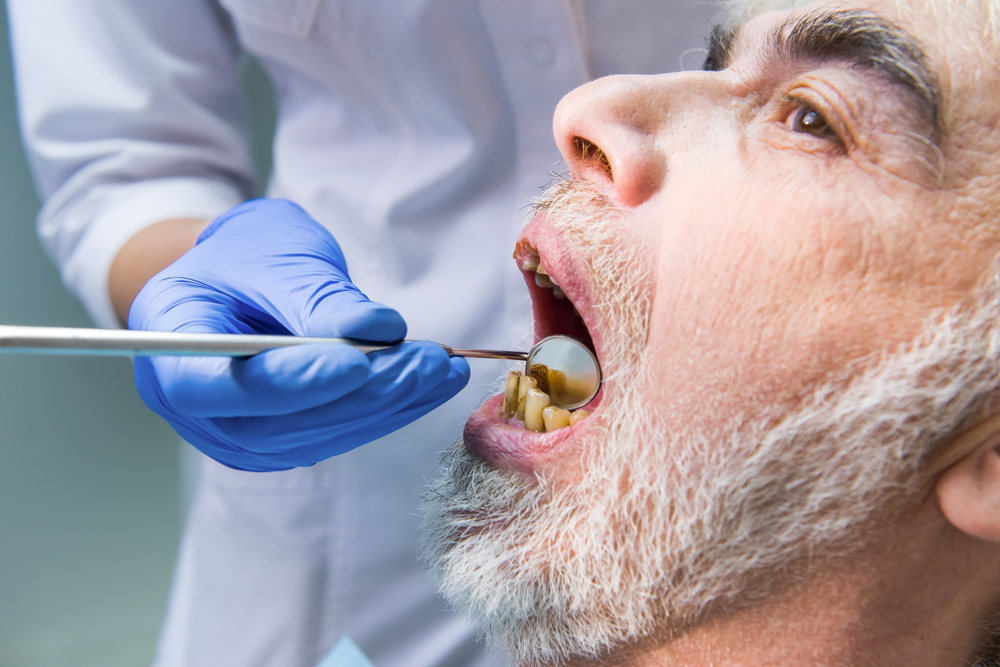There are innumerable courses available on communication and persuasion.
Many of them focus on things like "getting to yes". Getting patients to agree to treatment. To say yes to our treatment plans.
This is an important task in dentistry
Neglect of dental problems is our constant enemy and learning how to create value in good health is almost as important as treating disease.
I went through a stage about seven years ago of being too good at persuasion. With practice and training, you can get very high acceptance levels to complex treatment plans in very short amounts of time. You can even shed most of your informed consent responsibilities with a detailed piece of paper that an underling goes through with the patient, especially if you have a clinic that does only one or two highly profitable procedures.
The problem I found is that one or two years later, after you convincingly sell treatments, you start to get patients who regret their treatment choice.
Perhaps they had perio involved teeth, but now their full denture has no retention. And you are even less excited to do implants in a previous perio patient with smoking, than you were to try and maintain teeth.
Or they were less motivated to do full arch implant dentistry than you were, and nine months into a fifteen month treatment plan, you have to deal with angst and emotion at every single appointment.
Regret is a highly infection disease
If your patient has it, you will surely catch it too.
So nowadays I don't do NLP, or "Getting to Yes", or 100% Case Acceptance Method. I do a very boring and lengthy, and possibly less profitable initially, effort to create a bespoke treatment plan that will not cause regret. In the patient. Or in me.
This involves telling the 30 year old that if I do the all on four that is advertised everywhere, I will need to cut 11mm of their maxilla off meaning that they may very well end up completely unrestorable, even with dentures, by the time they are 50.
- It means telling the horizontal parafunction patient that they will likely break one of their ceramic restorations every one or two years.
- It means telling the atrophic maxilla patient "are you sure you're motivated enough as it will be a long hard road to get fixed teeth? It will involve a lot of appointments and quite a bit of pain."
Aiming for no regret dentistry certainly reduces your production
It also reduces short term loans from patients.
You know, where you take the patient's money, and do the case. And then redo the case for free or refund the money after the case is done. Banks are lending money at a couple of percent at the moment. No need to borrow money from the patient at their stupendous interest rates ![]()
So learn to communicate well. But not so well that you get regret disease.
If you found this helpful, please share, like or comment.






